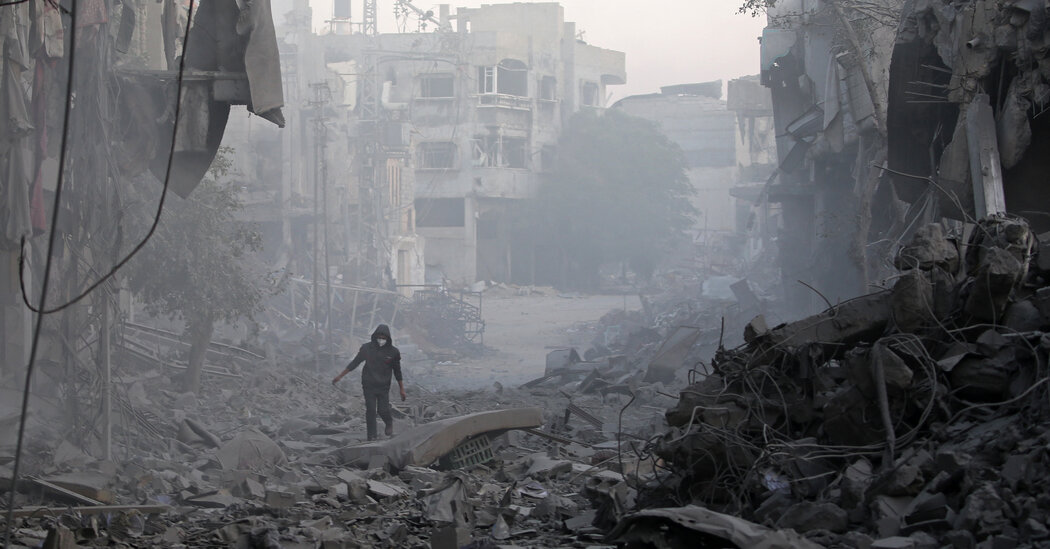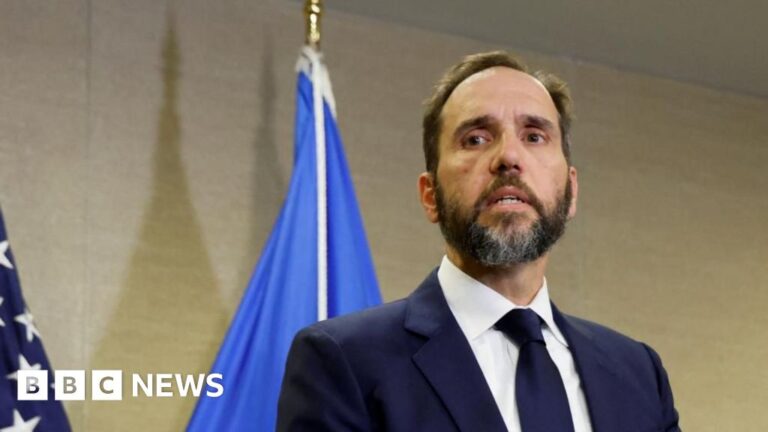Here is the plain text result:
High-level cease-fire talks appeared to be gaining momentum on Monday as Arab and American mediators pressed for an agreement to halt the fighting in Gaza and release hostages held by Hamas before President-elect Donald J. Trump assumes office on Jan. 20.
It was still unclear whether the parties had reached any resolution on central disputes that have proved insurmountable in previous rounds of negotiations.
On Monday, Jake Sullivan, the U.S. national security adviser, said there was “a distinct possibility” that Hamas and Israel could agree to a deal this week.
“The question is now can we all collectively seize the moment and make this happen,” he told Bloomberg in an interview.
Later on Monday, an Arab diplomat said “real progress” was being made in the talks, and two Israeli officials said a draft agreement was awaiting Hamas’s approval, with the next 24 hours seen as being critical.
For months, repeated rounds of talks have seen hopes rise only to be dashed days later, with both Israel and Hamas blaming the other for the impasse.
If a deal is achieved, it would bring some respite to Palestinians in Gaza, who have endured miserable conditions in displacement camps and relentless bombardments by Israel, and the families of hostages taken from Israel, who have suffered for months wondering about the fate of their loved ones.
Hamas leaders want to bring about an end to the war in Gaza, which has severely weakened the group’s armed wing and government, led to the displacement of nearly two million people, and reduced cities to rubble.
The parties have long been discussing an agreement that would have three stages in what Arab and American officials hope will result in the end of the war.
A major hurdle to the success of the talks has been the permanency of a cease-fire. While Hamas has demanded a comprehensive end to the war, Mr. Netanyahu has said he wants a “partial” deal that will allow Israel to resume the war after freeing hostages.
Source link




